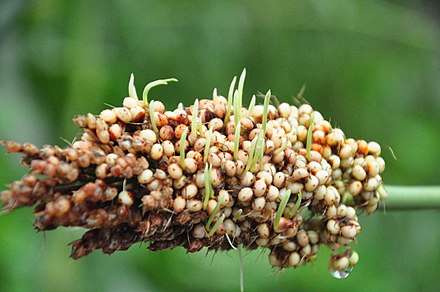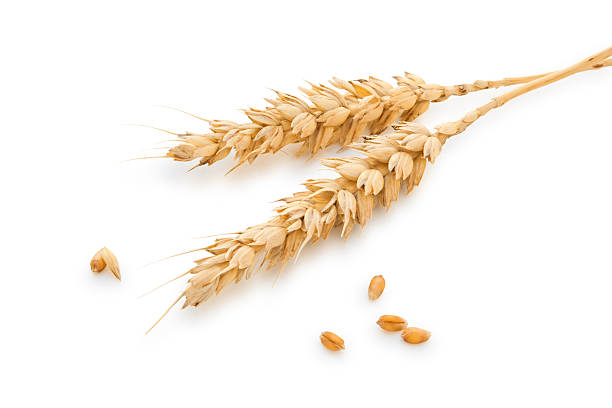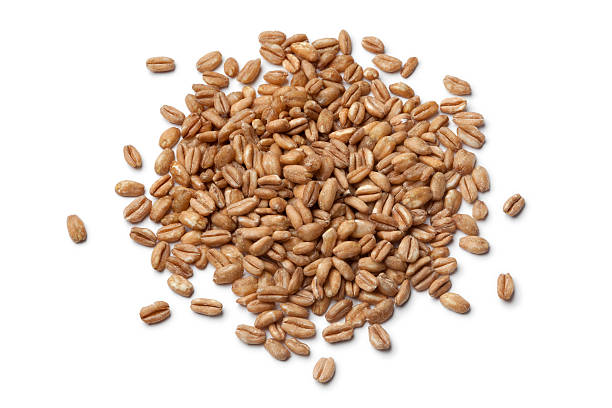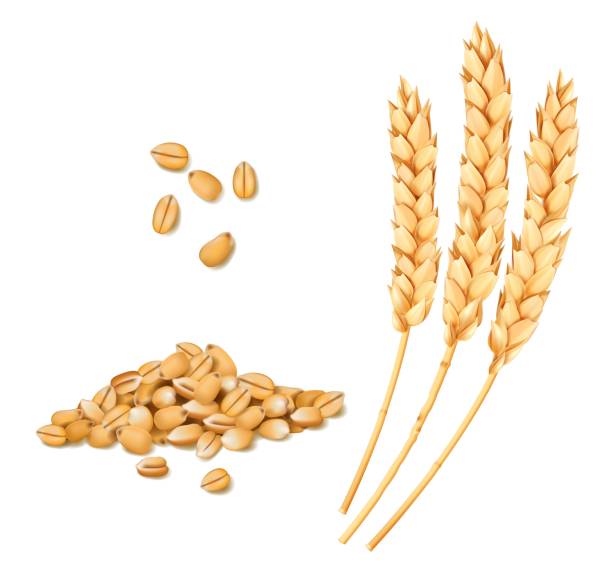Nestled among the world’s ancient grains, millet stands out as a nutritional powerhouse, embodying a rich history of sustenance and health benefits. This small but mighty grain, cultivated for thousands of years, offers a diverse array of essential nutrients, making it a valuable addition to diets around the globe and a symbol of resilience in the realm of whole grains.
Protein Prowess:
Millet is celebrated for its impressive protein content, particularly notable for a grain. It provides a well-rounded profile of essential amino acids, contributing to muscle repair, immune function, and overall cellular health. Incorporating millet into the diet offers a plant-based protein source for those seeking diverse and nutritious alternatives.
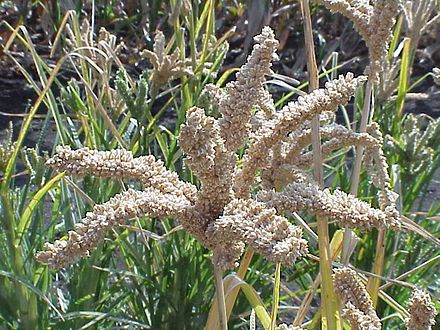
Whole Grain Goodness:
As a whole grain, millet retains its bran and germ layers, ensuring a rich source of dietary fiber. This fiber content supports digestive health by promoting regular bowel movements, preventing constipation, and fostering a healthy gut microbiome. Millet’s whole grain goodness adds a satisfying and heart-healthy element to meals.
Abundant Complex Carbohydrates:
Millet serves as a complex carbohydrate powerhouse, supplying sustained energy for the body. The slow-release nature of complex carbohydrates helps regulate blood sugar levels, offering a steady and prolonged source of energy without the rapid spikes and crashes associated with refined sugars.
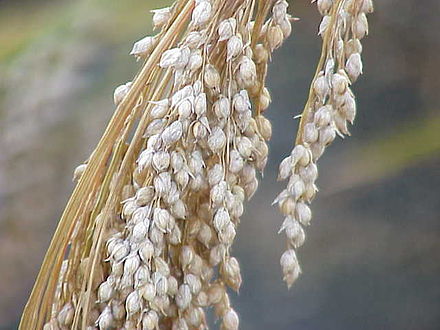
Rich in B Vitamins (Niacin, B6):
Millet is a source of various B vitamins, including niacin (B3) and pyridoxine (B6). These vitamins play essential roles in energy metabolism, nervous system function, and the synthesis of neurotransmitters. Including millet in the diet contributes to overall vitality and supports the body’s daily energy requirements.
Mineral Wealth (Magnesium, Phosphorus, Iron):
The mineral composition of millet adds to its nutritional allure. Millet is particularly rich in magnesium, contributing to muscle and nerve function, as well as bone health. Additionally, it provides phosphorus for bone strength and iron for oxygen transport in the blood. The mineral wealth of millet supports overall cardiovascular and muscular well-being.
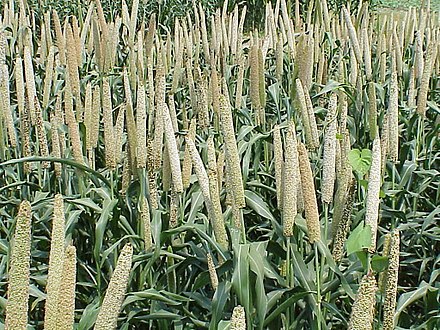
Antioxidant Protection:
Millet contains antioxidants, including phenolic compounds and tannins, which contribute to its potential protective effects against oxidative stress. These antioxidants play a role in neutralizing free radicals, potentially reducing inflammation and supporting cellular health.
Gluten-Free and Allergen-Friendly:
Millet is naturally gluten-free, making it an excellent choice for those with gluten sensitivities or celiac disease. Its allergen-friendly nature enhances its versatility in various diets, providing a wholesome and nutritious option for individuals seeking alternatives to gluten-containing grains.
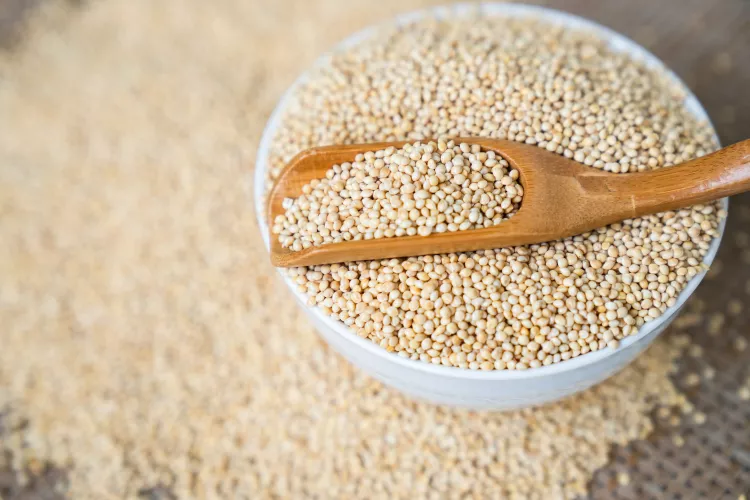
Culinary Versatility:
Beyond its nutritional virtues, millet’s culinary versatility makes it a delightful addition to a range of dishes. Whether used as a base for pilafs, added to soups and stews, or incorporated into baked goods, millet’s mild and slightly nutty flavor complements both savory and sweet preparations, enhancing the overall dining experience.
In conclusion, millet, with its protein prowess, whole grain goodness, and nutrient diversity, emerges as a nutritional cornerstone among ancient grains. As we appreciate its rich history and versatility in the culinary realm, millet stands as a testament to the enduring significance of whole grains in promoting health and well-being. Whether enjoyed in traditional dishes or innovative culinary creations, millet continues to be a source of sustenance and nourishment, bridging the past and present in the journey towards wholesome nutrition.

